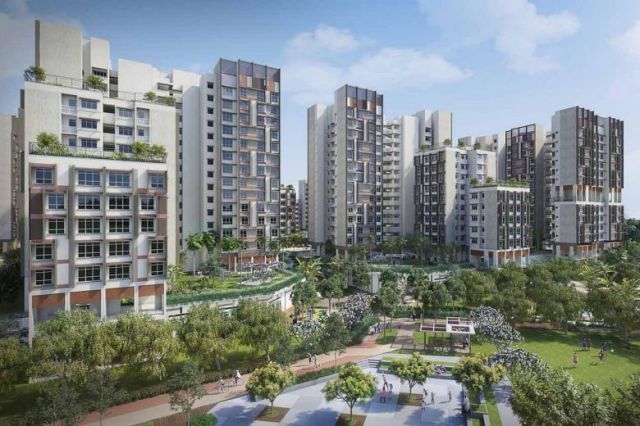What does HDB flat ownership really mean? (25 May 2018) – The Pulse Podcast
The Housing Development Board (HDB) resale market for flats has been lack-lustre, with the resale price index falling for 6 consecutive months and in general over the past few years. This could be attributed to the gradual decay of the 99 year leases and also after the government’s announcement that not all old flats are eligible for Voluntary Early Redevelopment Scheme (VERS). Increasingly, there will be more and more old flats.
Based on statistics, only 4% of flats are under Selective En-bloc Redevelopment Scheme (SERS) programme currently and Singaporeans should never pin their hopes on that. There are currently around a million flats in Singapore. After 99 years, the government will take back the land and possibly re-develop it, and this will rejuvenate the land for the new generation.
Is home ownership a misnomer? Are people buying a 99 year rental from HDB? Now, you can also re-sell the lease to someone else or even a portion back to the government under the sale-and-leaseback scheme. However, people need to realise that they don’t own the land. Only recently did people start talking about it and start realising the truth. For a long time, many people are able to sell their flats for profits, so they didn’t see a need to worry or even complain.
HDB should consider the terms ‘lessee’ and ‘lessor’ instead. Now, there are lease buy-back schemes, 2 room flats for the elderly etc. Singaporeans expect that government will buy back their own flats via SERS. However, if you do that, HDB will be like de-facto freehold property. This SERS scheme is very expensive for HDB and to the state and HDB is claiming that they are running deficits every year. As such, it is unrealistic for them to conduct SERS for all flats and indeed, the government has never promised SERS at all. Moral of the story: Never believe too much in what your housing agent says.
There are suggestions of removing the profit element of HDB, to level the playing field, as it is only a home. One way is to allow people to sell it back to the government, and the authorities can do a revaluation, and sell it off to someone else. However, through this, people won’t be able to make a profit from selling their flats. You can monetise your flat to fund your retirement. Perhaps for new flats, you could only impose that you can only sell back to the government. There is ‘definitely’ a cost to enjoy your property, which people need to understand. In modern times, the truth is that people are making less profits from selling their HDB.
In the gig economy, not many will have stable incomes. As such, HDB should give young people the option to rent flats at a cheap rate. In many countries, people overseas will rent from the government for public housing. If you let private developers buy over government land and old HDB flats, then it will be like DBSS, which is flawed and the scheme was eventually scrapped. This could reduce the number of public housing in the future.
If you limit the use of CPF to buy a flat, then flat prices will drop but you will have more to spend in your retirement. The thing is that some Singaporeans are only asset rich, but not cash rich. However, the social contract of the government and the people is that Singaporeans enjoy asset appreciation from their flats. It may be possible to allow others to rent HDB, and have a home rental scheme. The government should try to avoid kicking the can down the road and there needs to be a more open forum for Singaporeans to discuss this issue.

